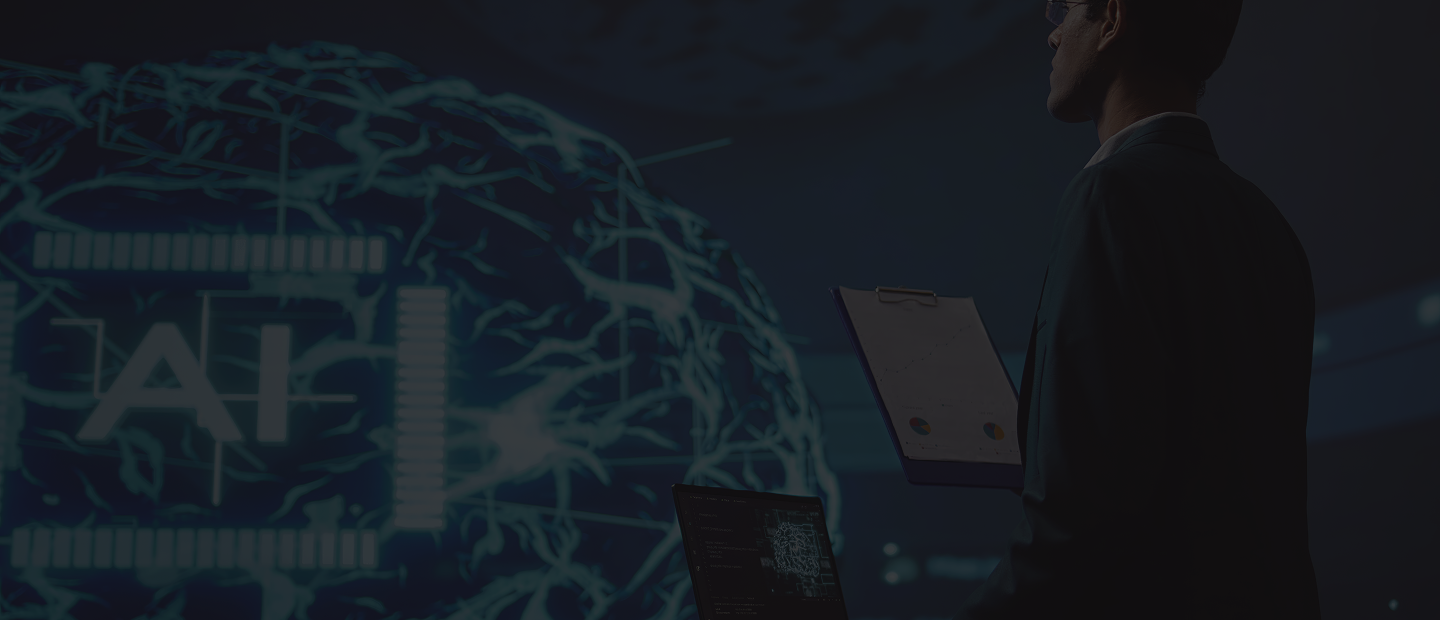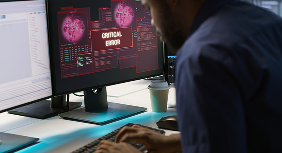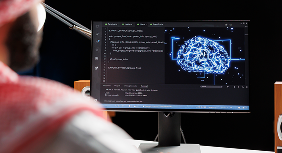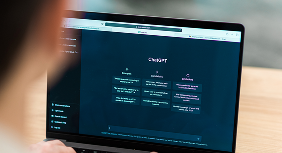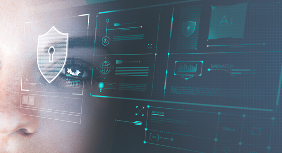Introduction
Historically, security was addressed after issues had arisen, but developers' work nowadays is to foresee, prevent, and even automate the security steps. It is this capacity to work ahead of problems that makes the work of AI so essential when it comes to software development today. Let us examine how AI is revolutionizing secure software development, making it safer and more efficient.
Continuous Monitoring – Threat Detection Early
Conventional security measures were reactive; they would only act once a threat was detected. Current practice is much more proactive, however. AI enables developers to detect potential threats prior to their occurrence, which makes it a highly valuable tool in keeping software secure.
AI-powered tools are constantly monitoring apps for any misconduct. Whether an unfamiliar login try, a strange spike in traffic, or activities indicating malicious operations, AI detects such anomalies in real-time. It surpasses the conventional methods of security in that it constantly learns and modifies responses to fit emerging threats. That is to say, AI is able to identify not only the known threats but also evolving and new dangers that may fail to be flagged by other programs.

Automating Security Audits – Cutting Down Developer Workload
Security audits are an important part of the development process but also time-consuming. Developers take hours to go through lines of code manually and check for vulnerabilities. AI is helping to speed this up and make it more precise.
Rather than conducting long, laborious manual checks, AI tools can automatically review the entire codebase for identified security vulnerabilities. It not only identifies problems, it prioritizes them, highlighting the most important vulnerabilities first. AI also learns about new threats and adjusts its analysis accordingly, getting better over time. This automation enables developers to save time, so they can spend more time writing new features and less time on repetitive security work.
Predicting and Preventing Attacks – Staying One Step Ahead
Perhaps the greatest feature of contemporary security is the capability to predict incoming attacks. Preempting cyber threats before they occur allows developers to make their software and defenses ready ahead of time. AI is particularly good at this since it does a great job of studying past attack patterns and recognizing impending risks.
AI searches for signals that indicate an attack could be on the way, like unusual patterns of network activity or anomalous user behavior. Through experience with past data, AI is able to anticipate new threats that could emerge and assist developers in solving them ahead of time so they don't become actual issues.
Early warning through behavioral analysis
AI detects abnormal behavior or usage patterns that may indicate an attack is forming.
Historical learning for smarter forecasting
By analyzing past breaches and threat models, AI can predict similar risks in the future.
Automated threat prioritization
AI can rank potential threats based on severity and likelihood, helping teams focus where it matters most.
Timely alerts and preemptive action
AI not only warns but also recommends or takes action before the threat escalates.
Including Security In Every Development Stage – DevSecOps
Security has long been an afterthought, something which was added onto the software development process only after the code was written. Today, though, with the adoption of DevSecOps, a system which incorporates security into each aspect of development, the security is implemented from beginning to end. In DevSecOps, security becomes an ongoing task throughout the development lifecycle.
Instead of waiting for the final stages to perform a security audit, security tools continuously monitor and assess the application as it’s being developed. This allows issues to be identified and fixed early in the process, reducing the likelihood of vulnerabilities making it to production.
Continuous security integration
Security checks are embedded into every stage of development, from planning to deployment.
Faster identification and resolution of risks
Real-time monitoring helps teams catch vulnerabilities early when they are easier and cheaper to fix.
Improved software quality and reliability
By reducing last-minute patches, the final product is more secure and stable upon release.
The Future of Secure Software Development
AI is no longer a luxury but a necessity in today's secured software development. By being able to identify threats at an early stage, automate security operations, and forecast possible threats, AI is revolutionizing the manner in which developers tackle security. As threats in cyberspace evolve, AI will become increasingly essential in securing software.
As the level of sophistication and frequency of cyberattacks increase, AI will just keep offering the tools for staying one step ahead. Developers can now count on these AI-based systems to take care of much of the work of security, freeing their hands to concentrate on implementing innovative features. Learn more about how AI is transforming the world of cybersecurity here in this Forbes article.
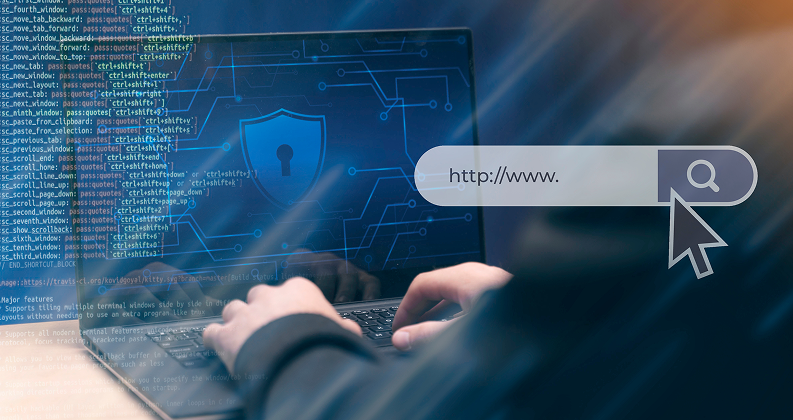
Final Thoughts
AI is revolutionizing the way software is created and protected. Developers no longer need to respond to security attacks after the fact. With AI, they can identify potential weaknesses early, automate mundane tasks, and even anticipate future threats. This proactive security prevents breaches before they occur, keeping software secure from the start to the end of its lifecycle.
As the digital universe grows, so do the threats. Developers need to accommodate by adding AI to their security measures. Software development is going to happen by embracing AI for improving security and the software development process itself. Developers will be able to make better and safer software, incorporating security into the development process from the very start instead of leaving it to an afterthought. In this rapidly changing digital world, being ahead of the curve is the most important thing, and AI is the tool that will enable developers to do so.
